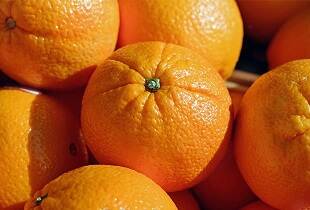Spain: South African oranges, 62 active substances banned in the EU
A study presented by a Spanish farmers’ organization reveals that citrus growers in South Africa can use 62 active substances in PPPs whose use is prohibited for EU producers.

The study, not based on testing South African imports, was carried out on the 305 main active substances used by the citrus sector. Of the 62 employed, WHO has rated 13 of them as extremely or highly dangerous.
From a toxicological point of view, the study also analyzes 20 pesticide’s active substances used to control citrus pests or diseases (such as CBS), whose use is prohibited in the EU, but commonly used in South Africa. Its conclusions are obvious for human health because, according to the WHO, 6 of them have probable carcinogenic risk, 5 have an assured effect on human reproduction and 7 have a probable effect on human reproduction.
“The entry of a plague of this magnitude in our country could be a real drama and our calculations indicate that the costs of growing citrus would rise by 40% making it totally unfeasible”, the organization declares.
In addition, they have insisted on “checking the fruit origin, betting on buying more local products, because they guarantee the highest standards of quality, sustainability, safety and environmental respect”.
Very soon, the organization will present this study to the Commission, to the European consumers and to the Parliament through the MEPs elected on May 26.
Source: agroinformacion.com